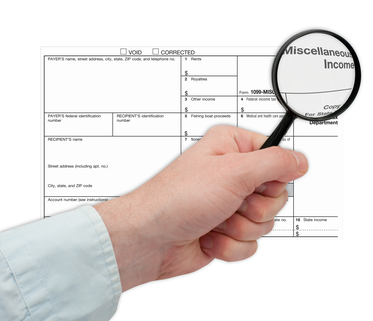 Employers must correctly classify whether the person who is working for them is an employee or an independent contractor.
Employers must correctly classify whether the person who is working for them is an employee or an independent contractor.
There are several criteria that determine whether an individual is an employee or a contractor, but the most important one to the IRS is who exercises control.
Although the IRS examines an array of factors, they will evaluate the following more closely:
- Does the employer control the hours or the days of work?
- Does the employer provide the necessary materials to perform the medical/dental procedures?
- Does the employer pay for the staff who assist the physician or dentist during a procedure?
If a contractor answers yes to any of these questions, they may be considered W-2 employees instead.
If a contractor answers no to any of these questions, they may be considered independent contractors and receive a 1099 at the end of the year.
In the event that the IRS decides that there was a misclassification on the employer’s part, there will be tax ramifications for the employer.
Generally an independent contractor will work under their own legal entity, usually in the form of a Limited Liability Company (LLC) or a Professional Corporation (PC). Since the freedom of being an independent contractor allows dentists and physicians to move between offices, having a legal entity like a LLC or PC can help streamline the payment process from multiple clients.
Independent contractor agreements generally do not contain non-compete clauses because doing so would completely undermine the motivation of becoming an independent contractor. Some more benefits of being an independent contractor include choosing:
- their jobsite;
- the type of patients they see;
- their work hours;
- their rate of pay.
Contracting can be a great option for someone who needs to spend more time at home, someone who is merely looking to supplement existing income, or ultimately, someone who wants the freedom that comes with working for yourself – but there are significant tax differences between being a 1099 contractor and a W-2 employee, therefore it is important to consult your accountant.
To be sure you are what you think you are, I strongly recommend going to the IRS website that deals exclusively with this question, which can be found here. Note: The website is not inclusive of everything that the IRS looks at; the IRS examines the totality of all the circumstances that surround the employments of a particular physician or dentist.
 Stephanie J. Rodin, Esq.
Stephanie J. Rodin, Esq.
Rodin Legal, P.C.
Email: info@rodinlegal.com
Tel: (917) 345-8972
Fax: (917) 591-4428

Recent Comments